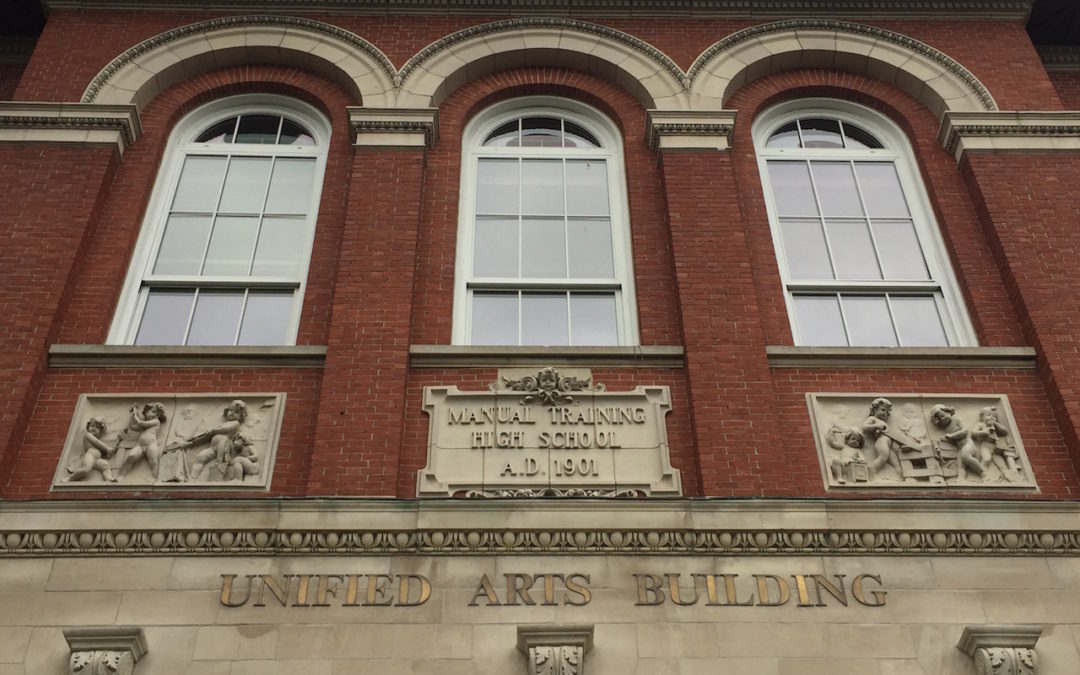
2020-21 Grant Announcements: Nearly $250,000 Invested in New Programs
COVID-19 Teaching and Learning Response Grant
$55,000 investment
The BHS Innovation Fund is excited to award a special COVID-19 Teaching and Learning Response Grant to Brookline High School educators in Summer 2020. Reacting with urgency to the unprecedented change in the educational environment due to the coronavirus pandemic, the Innovation Fund recently spearheaded an effort to offer new grant funding, outside of our annual budget, for targeted faculty summer workshops. Funding these workshops will provide more than 30 educators from 7 departments the opportunity to collaborate simultaneously to address academic skill gaps, assess remote learning, share best practices and build community for students for the 2020-21 school year.
COVID-19 Response Planning Grants
$5,500 investment
The BHS Innovation Fund has offered short-term Planning Grants to faculty members who want to initiate innovative standalone projects or explore an opportunity to develop a full course proposal in the upcoming year. As part of our COVID-19 response, we are supporting the following faculty projects:
- Special Education Department (Faculty — Alissa Parker and Alexa Bader): Special Education in a Virtual World
- Special Education Department (Faculty — Andrea Lynch, Brendan McCarthy, and Jim Henry): Online Virtual Learning Planning Grant For Transition Curriculum Using Signal Success
- Performing Arts Department/Music (Faculty — Carolyn Castellano): Alumni/Professional Zoom Workshops in the Field of Music
- Visual Arts Department (Faculty — Elizabeth Brennan, Donna Sartanowicz, and Lisa Francescon): Online Atelier
- BHS Library (Faculty — Ann Collins, Bridget Knightly, Shelley Mains, and Maura McGill): Cybrary: Building a More Digitally Dynamic Library
- Special Education Department/School-wide (Faculty — Matthew DeGrace): Remote Learning Example Catalog
New Grant: Coding @ BHS
$150,0000 investment over two years
This new, interdepartmental grant is a collaborative effort from the departments of Math, Science and Career and Technical Education that will offer coding experiences to all BHS students by embedding computer science (coding) curriculum into general math and science courses at the high school so that every student will graduate with a basic understanding of how to code through hands-on coding practice. The Innovation Fund is excited to support this grant because exposing all BHS students to coding will:
- Begin to prepare all students who wish to pursue career opportunities in the computer science field;
- Provide all students with coding knowledge and problem solving experiences that are applicable to a wide variety of career paths; and
- Address systemic inequities that create roadblocks for students of color and young women to enter computer science fields.
The timing of this school-wide initiative is aligned with the current construction of the new STEM wing at BHS. Part of the work that faculty will do, in examining the existing BHS curricula across departments, will also determine how coding fits in with other STEM courses and learning opportunities for all students. Faculty leads will be: Tyler Wooley-Brown (Science/Physics), Adam Fried (Math) and Christine Shen (Math).
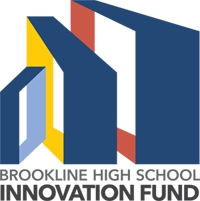
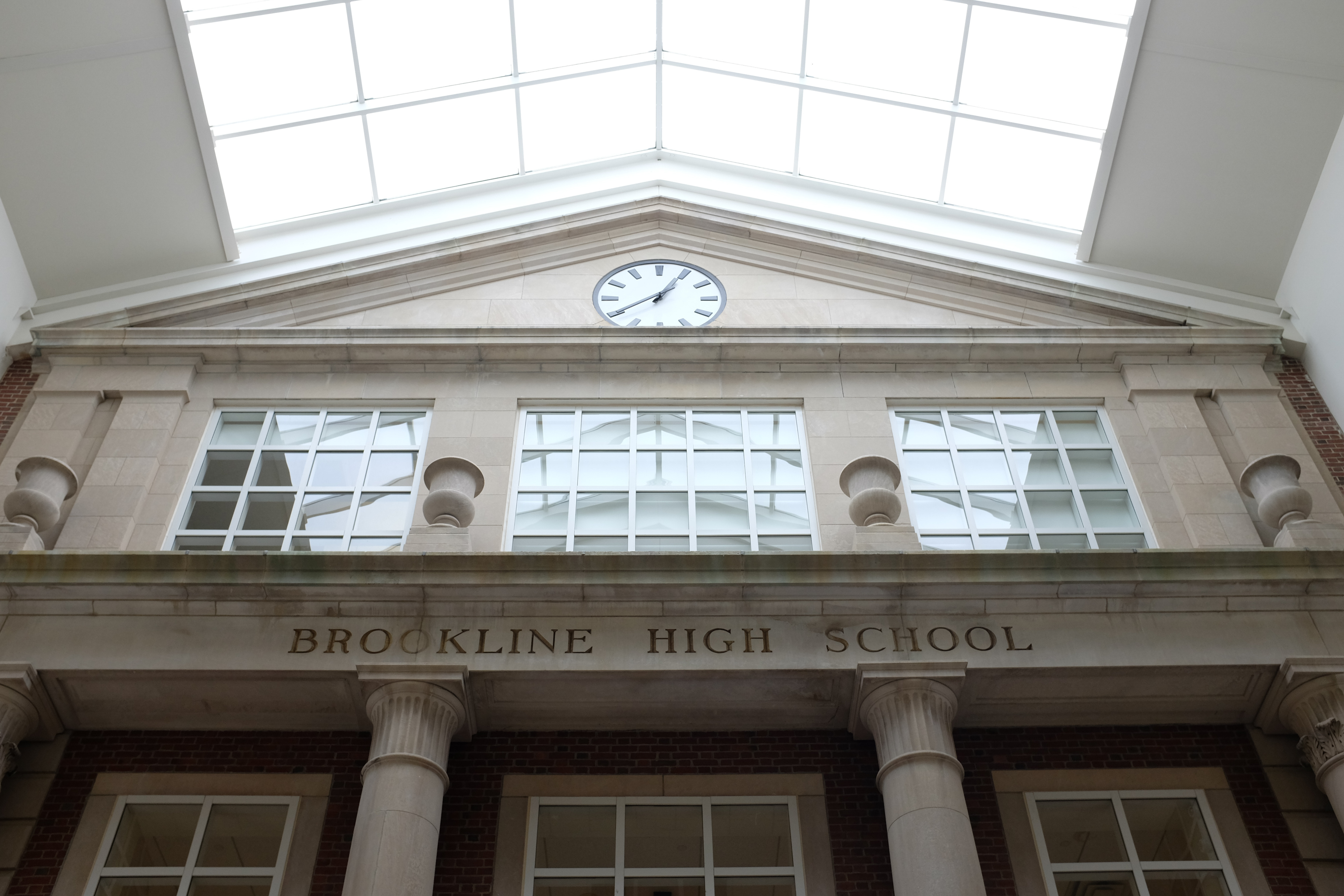
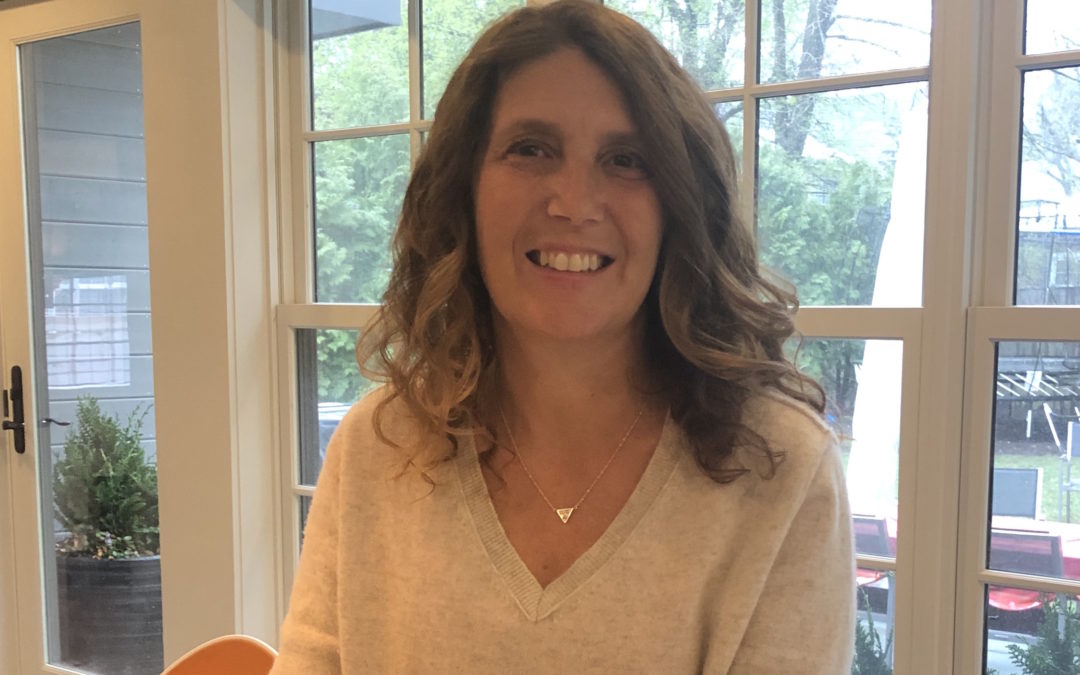
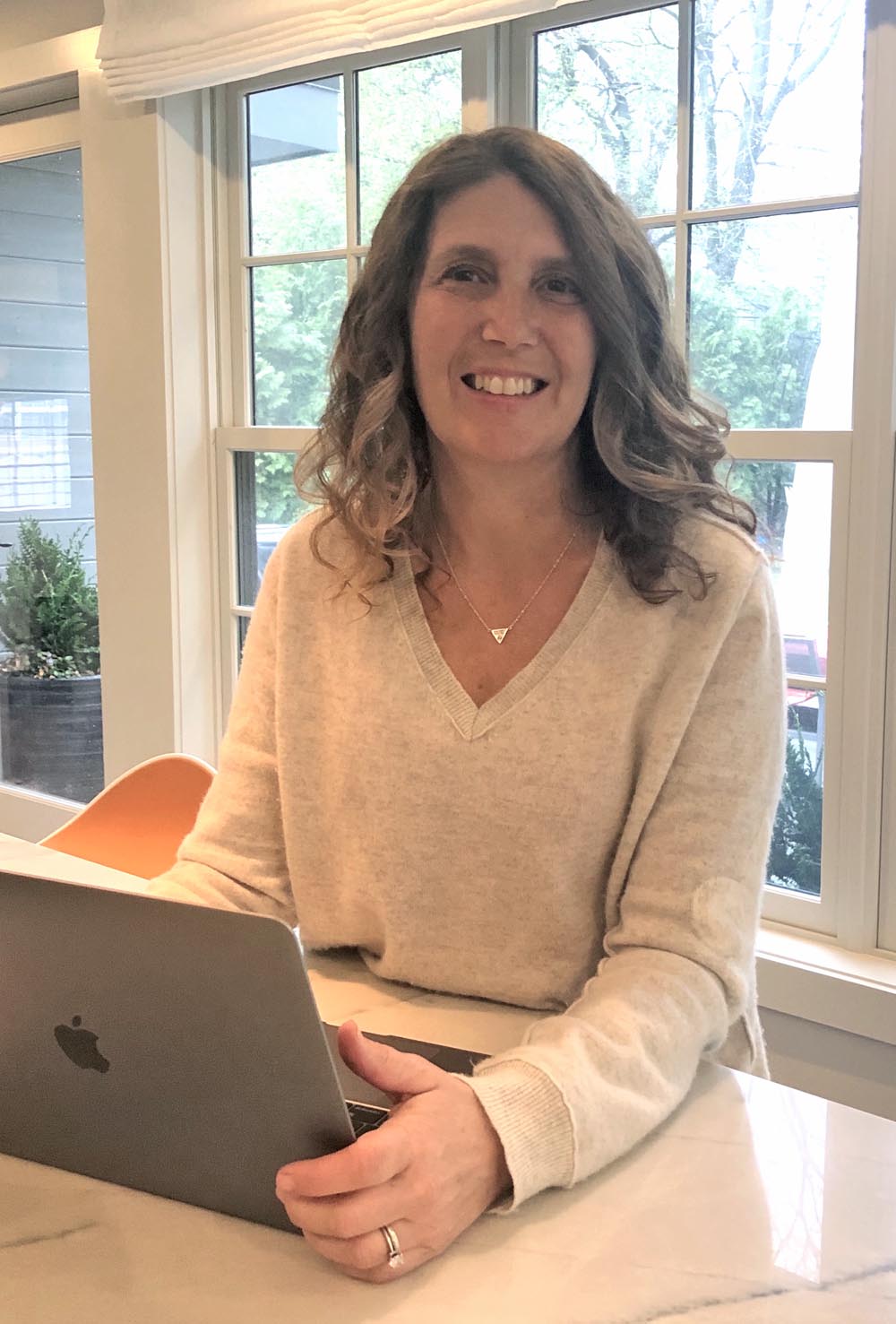


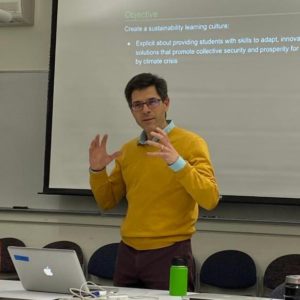
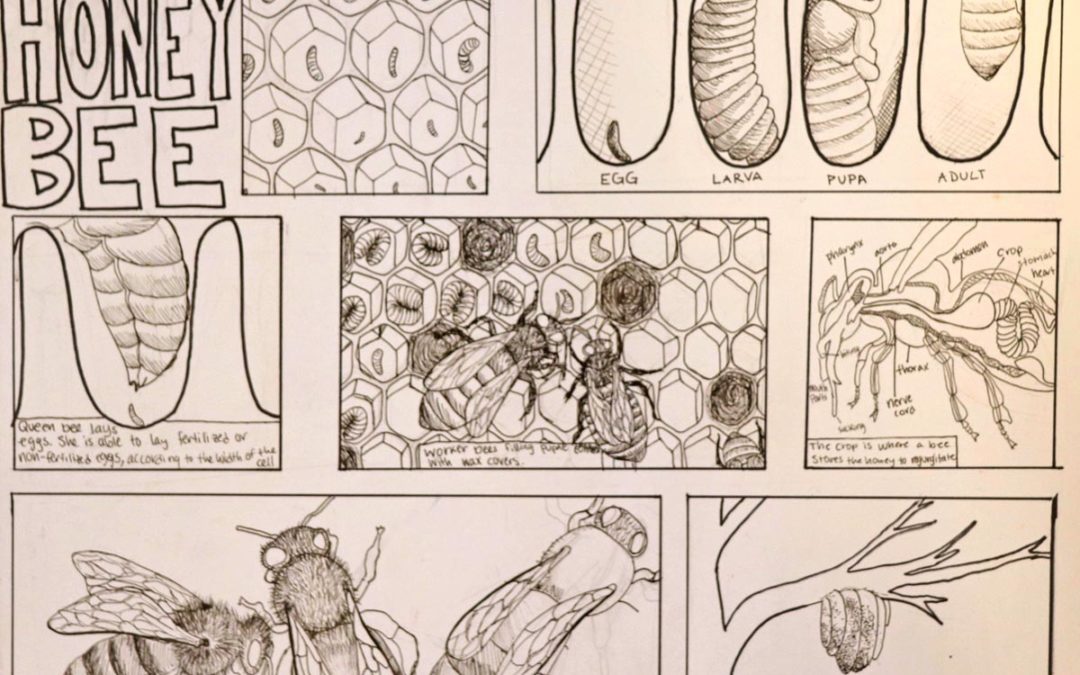
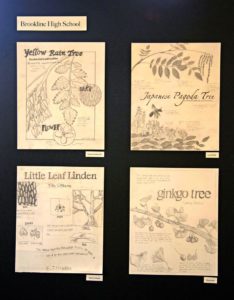 How did you come up with the idea for the course?
How did you come up with the idea for the course?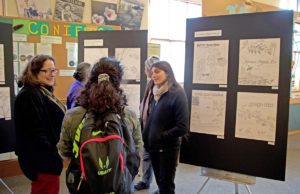 What happened after the three-year funding period ended?
What happened after the three-year funding period ended?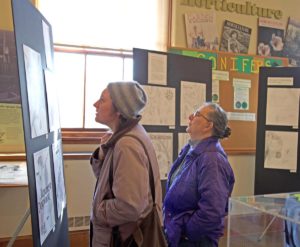 How has the partnership with community organizations benefited the course?
How has the partnership with community organizations benefited the course?